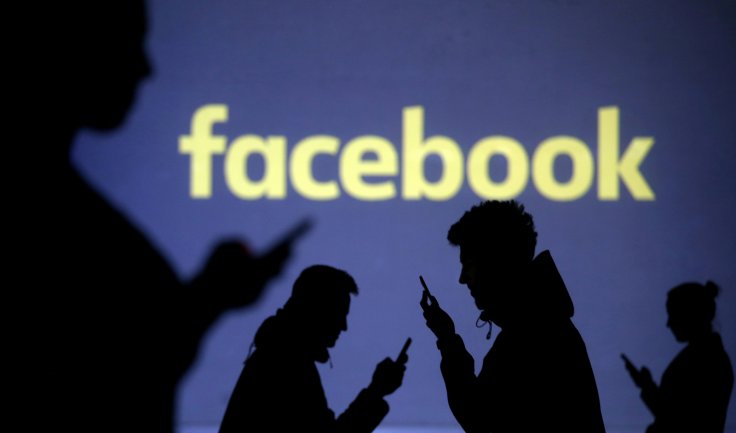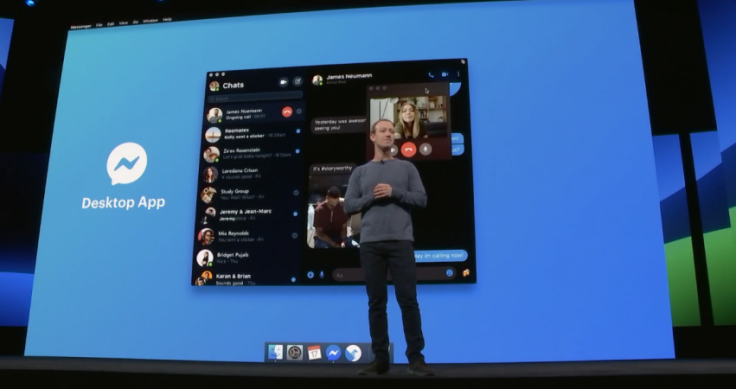
Data released by Facebook as part of its transparency report for the first half of 2019 revealed that the number of government inquiries on users has increased at least five-fold since 2013. As per the latest report, governments from all over the world submitted 128,617 requests for information on Facebook users.
The figure rose by 16 per cent in the first half of the year, wrote the vice president and deputy general counsel of Facebook, Chris Sonderby. Data from the report indicate that the number of inquiries increased by almost five times compared to the 25,607 official requests in 2013 as stated in the company's first such report.
The US government has submitted the largest number of requests, 50,714, to inquire about 82,461 users in 2019. It is followed by India that made 22,684 requests on details of 33,324 users, the UK government that submitted 7,721 requests for 10,550 user's data, Germany's 7,302 requests on 9,800 users and the French government that made 5,782 official inquiries for data of 6,961 Facebook accounts.

Out of the total number of requests received by Facebook from the US government, 66 per cent included a non-disclosure order prohibiting the social media giant from notifying the user, Sonderby wrote. The report also stated that about 88 per cent of the US official requests, 47,457, were for "legal process" to assist official investigation through search warrants, subpoenas and court orders.
Defending the company against "back door" access to user data to the government, an often-quoted allegation related to the massive privacy breach in the company's Cambridge Analytica case, Sonderby wrote each inquiry request from the government is examined based on its legal validity.
"If a request appears to be deficient or overly broad, we push back and will fight in court, if necessary. We do not provide governments with "back doors" to people's information," the Facebook VP said.
The report comes a week after it gave a statement which stated that it will be removing all posts containing the potential whistleblower's identity whose complaint led to US President Donald Trump's impeachment probe. Any mention of the potential whistleblower's name violates our coordinating harm policy, which prohibits content 'outing of witness, informant, or activist,' the statement read.

While the company's policy is not new, the statement came days after a Washington Post article pointed out paid ads containing the alleged whistleblower's identity was viewed several hundred thousand times. The ads were taken down by Facebook on Wednesday following the newspaper's probe.
Last month Facebook CEO Mark Zuckerberg was grilled by US Congresswoman Alexandria Ocasio-Cortez at the House financial services committee on the social media giant's controversial decision on not fact-check political advertisements.
The video of the cross-examination that went viral on social media showed Zuckerberg stammering while answering 30-year-old New York Democrat's questions on Facebook's fact-checking policies.
In a question on whether a political ad claiming lies can be allowed to run on Facebook, Zuckerberg said "I think lying is bad". He stated that if the content does not carry any imminent danger or threat to users, ads claiming misinformation can be shared as users had the "democratic" right to choose their candidates based on the claims.









